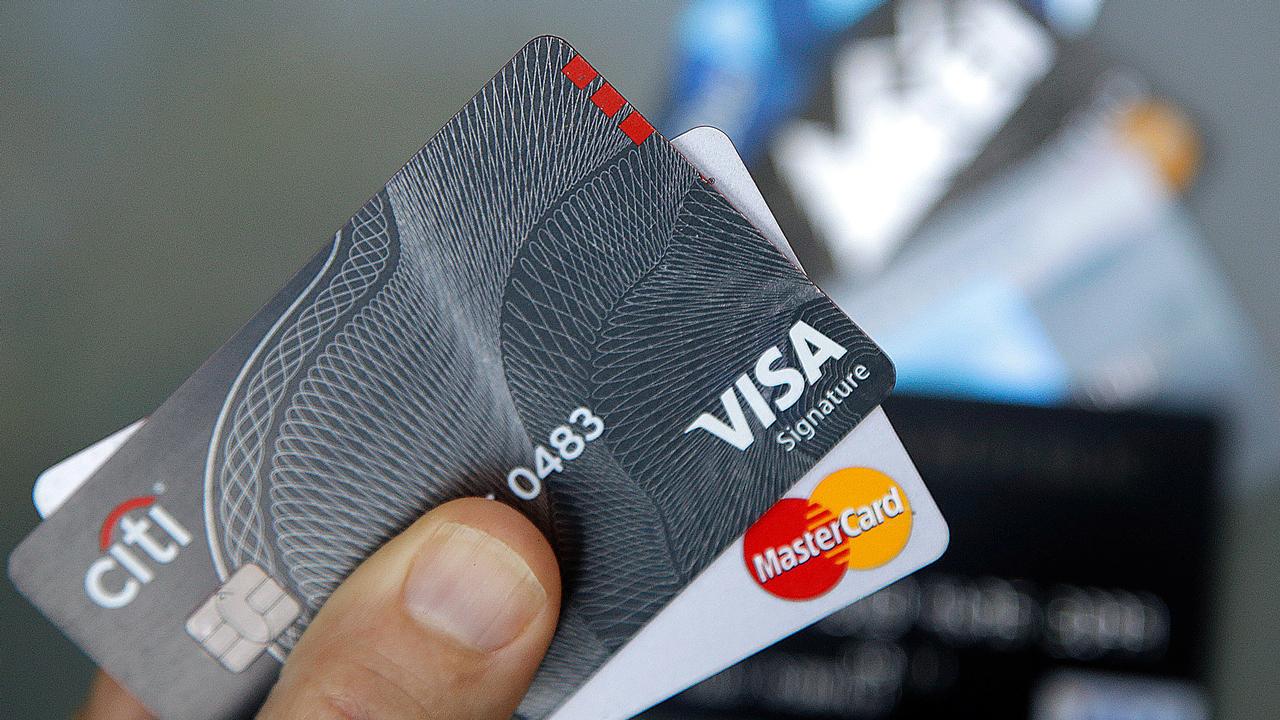7 tips to help pay your bills on time
Americans are having trouble paying their bills on time. A survey by LendingTree found on average individuals have six past late payments on their credit report. Those who live in the Northeast and the South are most likely to fall behind on their bills.
“A late payment will tank your credit score pretty quickly,” says Kali McFadden, senior research analyst at LendingTree. “If you need to borrow money for something, if you need an apartment, even some jobs will look at your credit score. It takes a long time to recover from a history of making late payments."
Don't be surprised if your credit card issuer adds a late fee to your bill.
“If you miss a credit card payment, they might tack on another $35 or something like that,” she says. “That just increases the amount you have to pay overall, making it that much harder to catch up with your debt payments.”
McFadden says effectively managing your finances can help you pay your bills on time. She has these seven suggestions:
Set a budget
McFadden says not only is it important to create a budget; you must also stay committed to making it work.
“You have to decide - this is how much money I have to spend every month,” she says. “Included within that is the amount of money you have to put toward existing debt - whether that is student loan payments or credit card payments.”
Build up savings
McFadden says it may seem counterintuitive to build up your savings when you are trying to pay off debt. She says everyone needs a healthy financial cushion for emergencies.
“Let’s say you have to charge something on your credit card because your car broke down,” she says. “It will cost you more money to pay down a credit card balance of $1,000 than it would to save that $1,000 in the first place.”
Avoid taking on more debt
If you are having a hard time paying your bills, McFadden says you should not take on any additional debt.
“It would not be a good time to get a new car or that new game system your kids have been begging for,” she says. “That may not be the right choice if it’s going to have a long term cascading effect on your finances through the rest of the year.”
Adjust W-4 withholding
Many people use their tax refund check as a forced savings account. McFadden says that is not a smart move if you are having trouble paying bills.
“A lot of people don’t take all of the withholding on their paycheck so that they get a nice, big, fat check when they file their tax return,” she says. “If you find you are having trouble keeping up with your bills, that’s probably not the right option for you. It probably makes more sense to take in the bigger paycheck month to month and then put that toward your bills.”
Pay off debt
McFadden says it is a good idea to pay off your debts as soon as possible, especially if you have a credit card with a high interest rate. Not only will your monthly payments be lower; you will have more cash in your pocket to do other things.
“Let’s say you have a car that has a couple of hundreds of dollars on it as opposed to a car that has maybe $2,000 on it,” she says. “If you can, go ahead and that pay off (the smaller debt) really quickly so that you have extra money to spend on your other debts.”
Consider debt consolidation
If you have a lot of credit card debt or high-interest rate debt, debt consolidation might be an option for you. McFadden says one of the most common ways people consolidate debt is with a personal loan, which typically has lower interest rates than credit cards.
“You have one fixed monthly payment you will usually pay off in three years,” she says. “You know exactly how much your bill is going to be every month. You don’t have to worry about compounding interest over time because you are making a minimum payment.”
McFadden says some people also choose debt consolidation because of the emotional component.
CLICK HERE TO GET THE FOX BUSINESS APP
“Sometimes you feel very overwhelmed if you have six different bills you have to pay,” she says. “It can be very demoralizing. But with debt consolidation, for some people it's the psychology of just having one bill you pay every month for three years. You know how long it’s going to be. You know when it’s over. You can keep track of where you are. That can have a really positive effect on people.”
McFadden warns that debt consolidation is not for everyone. She says it may not make sense for those who don't have a lot of card debt or the interest rate on their debt is already low.
Track your financial health
McFadden says self-awareness is the key to sucessfully paying your bills on time. She recommends using an app or a digital tool to track your finances, credit, and debt. Check with your credit card issuer; they may provide free services to help you manage your money.
“You can look and say - this is how much money I owe,” she says. “This is what my interest rates are. This is how much money I have to pay every month. Knowing exactly where you stand in terms of your existing debt and your income and how it plays together, that will make a huge difference going forward.”
Linda Bell joined FOX Business Network (FBN) in 2014 as an assignment editor. She is an award-winning writer of business and financial content. You can follow her on Twitter @lindanbell




















